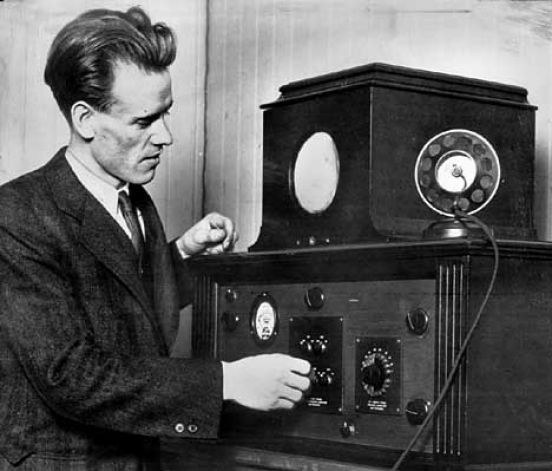
The best way to predict the future is to invent it. Every invention is a birth of an idea that was once considered vague and impotent. However, some inventions bring about major changes in everyone’s life and gradually knits themselves closely with our routine and habits. Every invention is a prop for a man to advance his own life and to teach future generations how to be more creative and independent. Why 75 gadgets, in particular, you would ask? Well, it’s the 75th year of Independence for India. To celebrate this occasion, we have brought together 75 gadgets that changed the world for the better and made our lives easier as a country and as individuals.
Toaster
The first electric toaster was designed by Alan MacMasters in London. The electric filaments used in it had a large amount of nickel in their composition, which led them to overheat easily. This discovery came as an accident, and now all we do is just toast and drink.
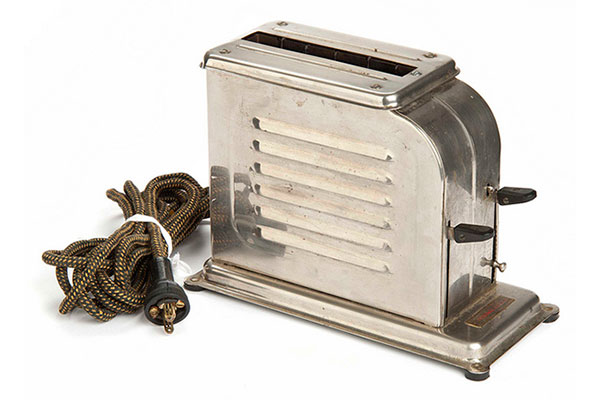
Refrigerator
Before the early 19th century, people relied on ice, snow, and naturally cool areas in their houses to preserve food. Refrigeration raised the expectations of what food would taste like. People no longer expected that the old food would still taste fresh.

Smartphones
When one thinks of an invention that took over the whole world, numerous things come to mind. However, nothing brought a revolution as a smartphone did. Think of anything, and your smartphone might be capable of pulling it off.

Mobile phones
Cell phones have also changed the way that people interact with each other. When we call someone, we are actually calling the person and not a place. Unlike the telephone, which was mostly at homes or offices, cellphones could now be carried around at our own convenience.

Cars
When one thinks of an invention that took over the whole world, numerous things come to mind. However, nothing brought a revolution like a car did, as it gave people more personal freedom and access to jobs and services.
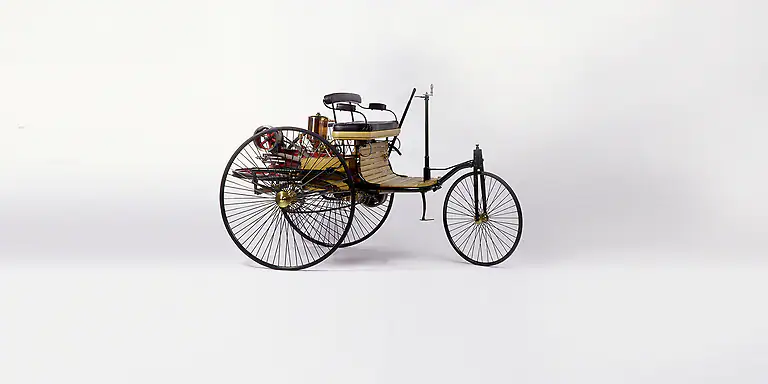
Geysers
The history of water heaters accelerated quite extremely around the time of the industrial revolution. Fire-heated methods that had been in use for thousands of years quickly went the way of the dodo, while newfangled technology was invented and subsequently popularized as a mainstay of home construction and domestic life.
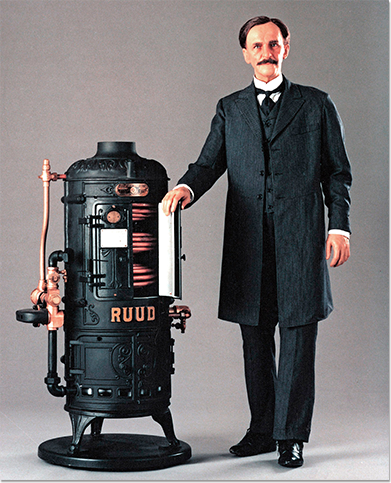
Laptop
There’s no question that laptops have changed the world. They’ve made it possible for people to work from anywhere, and they’ve given us a whole new way to connect with each other. The first laptops were introduced in the early 1980s and were bulky, expensive, and not very powerful.

Computer
Thanks to computers, space exploration came true, new designs of vehicles and other transportation were made, entertainment became more entertaining, medical science made more cures for diseases, etc.
Video Games
As video arcades and home video game consoles gained in popularity, youth culture quickly adapted to this type of media, engaging in competitions to gain high scores and spending hours at the arcade or with the home console.

3D Glasses
In the mid-19th century, Charles Wheatstone discovered that simply viewing a pair of similar (but not exact) images side-by-side can give the impression of three-dimensionality. The images are taken by two cameras that are slightly separated. This way, the photographs mimic what each one of our two eyes would see in reality.

Glasses
The invention of glasses is considered a crucial step forward in humanity’s cultural history: suddenly, people suffering from visual impairments could not only play an active role in day-to-day life, but also study for longer, expand their knowledge and then pass it on to others.

Watches
Explorers needed the time to navigate at sea. The latitude could already be accurately determined on the basis of the stars, but the longitude was the local time needed. If the clock was one minute wrong, that was already a deviation of 28 km in the tropics. So the origin of the watch stemmed from the need for a precise navigation tool.
Hard Drives
The fact that every year scientists have managed to compress more and more information on hard drives for less and less cost, has led to a revolution just as dramatic as the one triggered by the much more celebrated microprocessor.
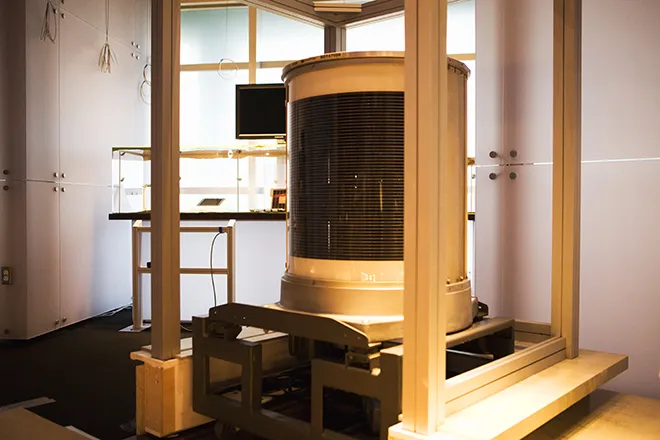
Television
Not not only did television re-envision our sense of the world, it remains, even in the age of the internet, Facebook, and YouTube, the most powerful generator of our collective memories, the most seductive and shocking mirror of society, and the most virulent incubator of social trends.

Light Bulb
The invention of the lightbulb was a big one for the people living in the period. It enabled them to work longer days, go home late, and still have supper and do unfinished work, attend social gatherings like meetings and parties, even though it was dark outside.
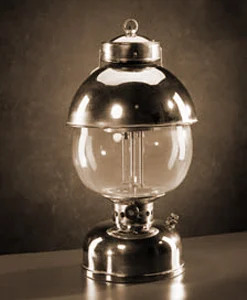
come in a range of sizes from large Megawatt sizes, which store the power from solar farms or substations to guarantee stable supply in entire villages or islands, down to tiny batteries like those used in electronic watches. However, the term was first coined by Benjamin Franklin in 1749 when he was doing experiments with electricity using a set of linked capacitors.
Voice Assistants
Apple introduced Siri in 2011. Siri was the first Voice Assistant to reach a wide audience. Then in 2014, Amazon introduced the Alexa Voice Assistant and Echo smart speaker. A.I.-based chatbots provide interactions that are far from being capable of having a conversation with a real-life human assistant.
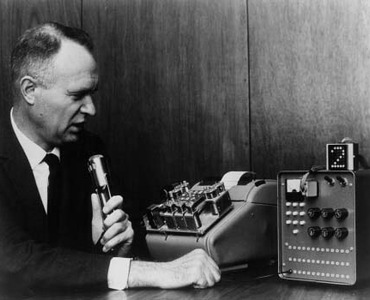
The Printing Press
Before the printing press, books in Europe were hand-scribed, and thus they were costly. Granted, these books often contained beautiful calligraphy and artwork, and illuminated manuscripts were real works of art. The mass-produced books made information more accessible to a middle class that was becoming increasingly literate.

Steam Engine
The simultaneous perfection of the steam engine and the beginning of the Industrial Revolution is a chicken and egg scenario that historians have long debated. The world was becoming industrialized before the advent of steam power, but it would never have progressed so quickly without it.

Guns
The invention of guns followed the development of explosive black powder in China. The first guns were simple tubes from which to shoot explosive charges, but gradually they were made easier to load, aim, and fire. Guns revolutionized warfare and effectively ended the age of the armoured knight and the castle stronghold.

Bike
Motorcycles played an important role in World War I and World War II, as they were a quick, efficient way of transporting important communication to the front lines. Since then, motorcycles have been capturing the enthusiasm and excitement of riders all over the world.

Switches
The first ever switch used on a mechanism is called ‘The quick break mechanism’. It was invented by John Henry Holmes in 1884. The time taken to get together the circuit was reduced which increased the life of the switches.
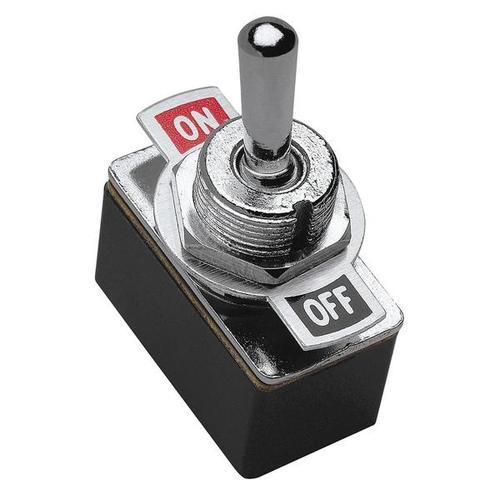
DVD Player
Home video changed the entire business model of film, giving movies a second life and another chance at turning a profit, from right inside people’s homes. From the beginning, DVDs have had menus and other interactive content, but producers were driven to find more ways to use that space.

Electric Razor
The idea of creating an electric razor came to Jacob Schick while he recuperated from an injury in the early 1910s and found it difficult to shave. Schick drew up crude plans that featured a shaver with a shaving head driven by a flexible cable and powered by a grapefruit-sized external motor.
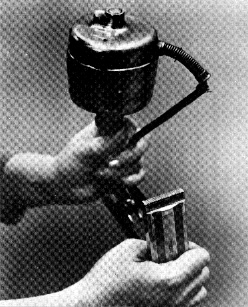
Binoculars
Honestly, binoculars seem to be one of the coolest things to exist. Credit for the first real binocular telescope goes to J. P. Lemiere, who devised one in 1825. The modern prism binoculars began with Ignazio Porro’s 1854 Italian patent for a prism erecting system.
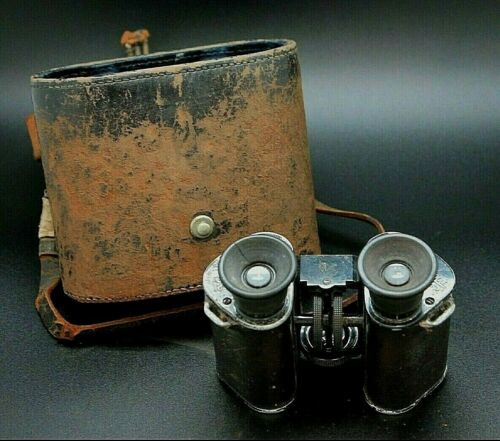
Smoke Detector
In 1964, Duane D. Pearsall was developing an ionization chamber and found his invention detected smoke particles better than ones made earlier. Since 1964, the low-voltage electronics market has developed electronic smoke detector and smoke alarm models. National awareness of their importance to life safety has propelled them to the head of many “top 100 inventions of our time” lists.

Sony Walkman
In 1979, the new device forever changed the way we listened to music and launched a cultural revolution. All thanks to Walkman, now you could walk down the street, and the music altered the very experience of looking at the world.

Polaroid Camera
The Polaroid camera bypassed the entire process of film development, thus providing photographers an immediate look at their work. Released for sale in 1948, the first version was an “instant” hit.

Calculator
The calculator has profoundly impacted the world, making computations quicker and more exact. In the classroom, calculators have allowed many students to learn about and put complex formulas and concepts into practice more easily.

Wi-Fi Router
The freedom it has afforded is immense, changing how people interact, socialize and form relationships. Wireless connections and Wi-Fi are now central to how governments work with technology, information exchange, finance, and commerce.With the invention of the microphone, news spread quicker, people were also able to communicate easier and quicker. People didn’t have to rely on letters or telegraphs. Microphones also greatly influenced the music industry, allowing recordings to be made and amplification of artists.

Computer Mouse
The computer mouse you use today had humble beginnings back in the 1960s. American computer engineers Douglas Engelbart and William “Bill” English were working on something bigger when the idea of a “computer-aided display control” was realized.

LED
Without blue LEDs, the world wouldn’t have backlit smartphones, TV and computer LCD screens, Blu-ray players, many forms of lighting and countless other technological marvels.

Pager
Long before email and texting, pagers and portable mini radiofrequency devices allowed instant human interaction. Invented in 1921, pagers—or “beepers” as they are also known—reached their heyday in the 1980s and 1990s. To have one hanging from a belt loop, shirt pocket, or purse strap was to convey a certain kind of status.

Electric Guitar
By making music performance more accessible and allowing for more rebellious music, the electric guitar provided much of the soundtrack for the social revolution of the 1960s. Artists like Jimi Hendrix, Bob Dylan, The Rolling Stones, The Beatles and others all sang about radically new concepts not often heard on the radio at the time.

Radio
For just 5 years short of a century, radio has shaped and advanced society like nothing that came before it. Radio has changed the way we communicate with each other, how we share and promote our thoughts, opinions and creations — and ofcourse enjoy good music.

TV Remote Control
Remote controls completely changed the way consumers interacted with their electronic devices. Now people could remain glued to their chairs for hours on end instead of getting a bit of exercise every time they wanted to change a radio station or TV channel.
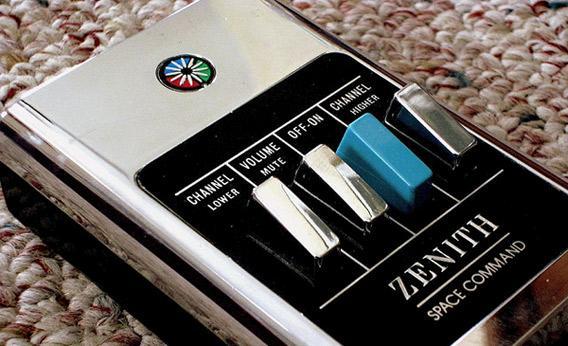
Handheld GPS
GPS has made the human environment safer and easier to live in by keeping track of the children, helping people locate their destination, and knowing the estimated time to reach a particular place.
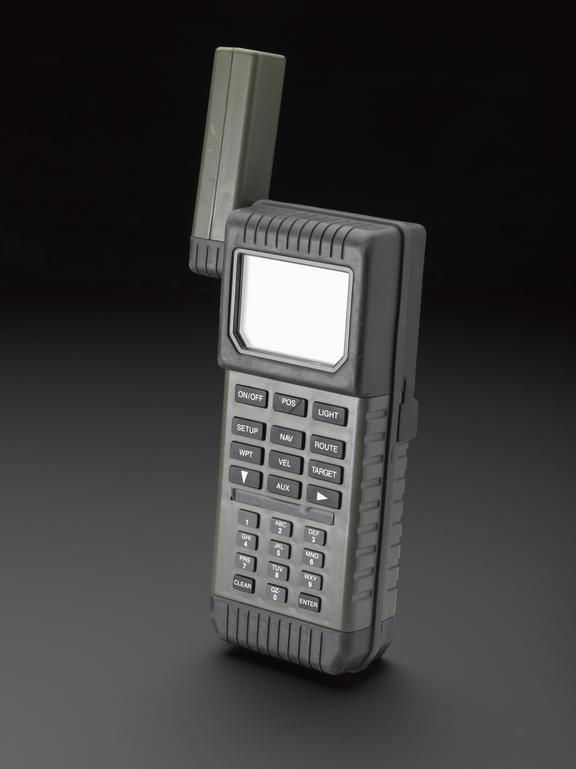
Electric Kettle
The invention of the electric kettle has, directly and indirectly, impacted society since the ‘supermarket convenience foods’ concept became a thing and companies started making their own version, leading to new jobs. Soon after the invention of the automated kettle, in 1958, Instant noodles were invented in Japan.
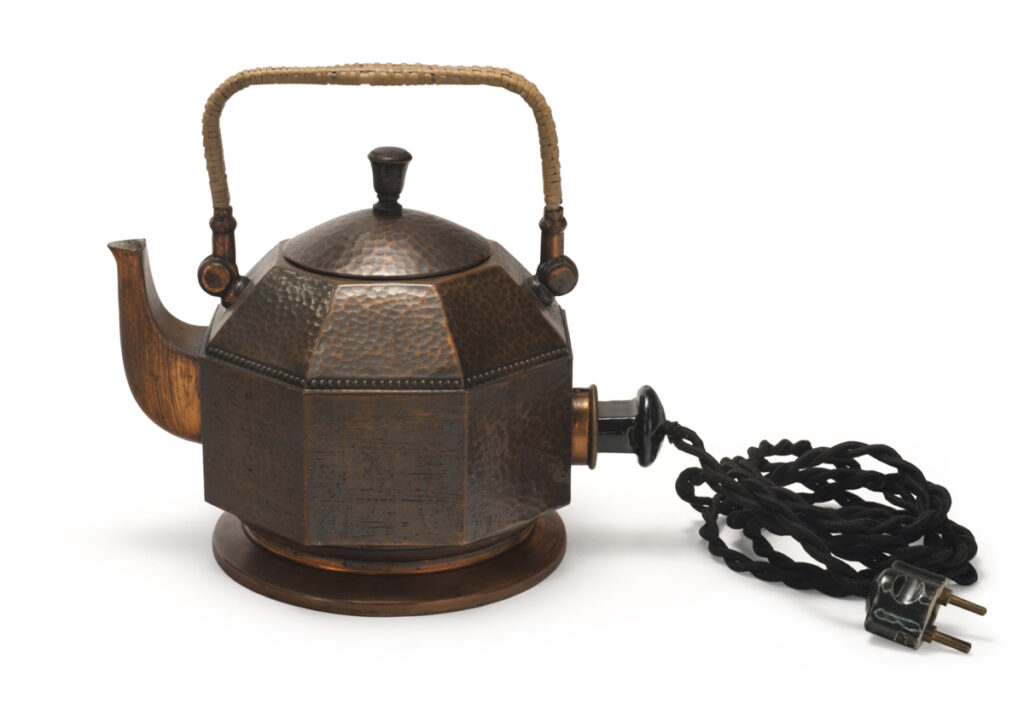
Helicopter
Choppers have become a modern mainstay – saving lives in rescue operations, and ending many more in wars from Vietnam to Afghanistan. With private jets, helicopters are the ultimate object of prestige travel, carrying world leaders to key meetings or to their golf courses.

Thermometer
The first crude temperature measure was created by the Italian inventor Galileo Galilei. His invention could show if it was getting hotter or colder but did not have a scale. The invention is now known as a thermoscope and led to the creation of the thermometer.
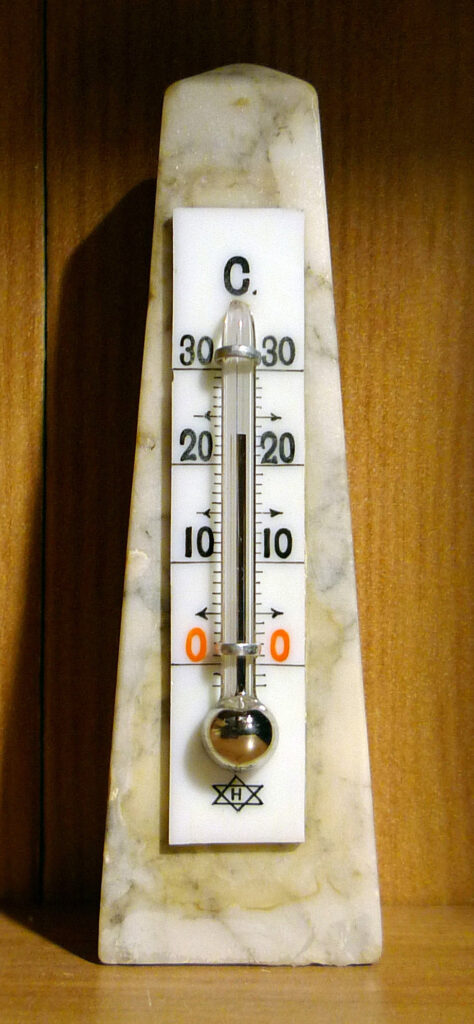
Vacuum Cleaner
The impact of the vacuum cleaner on society is significant, as electricity was becoming available, and our cultural need to keep things clean was beginning to develop. The vacuum cleaner would increase the frequency of cleaning to once a week and involve fewer people.
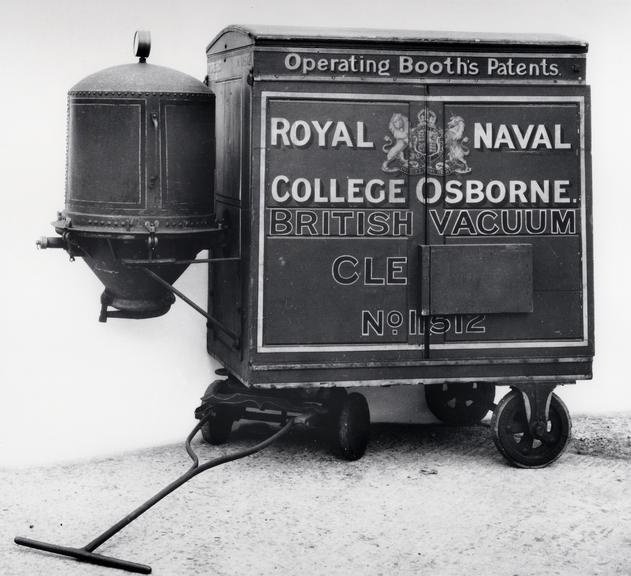
Solar Cooker
Not only have solar cookers changed the world, but it has the potential to save the world too. With catastrophic environmental effects, some three billion people worldwide rely on dung, wood and charcoal to cook their food. Cookers powered by the sun provide a cheap and clean alternative.
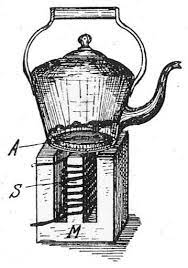
E-Readers
The increasing availability of e-content is prompting some to read more than in the past and to prefer buying books to borrowing them. The prevalence of e-book reading is markedly growing, but printed books still dominate the world of book readers.
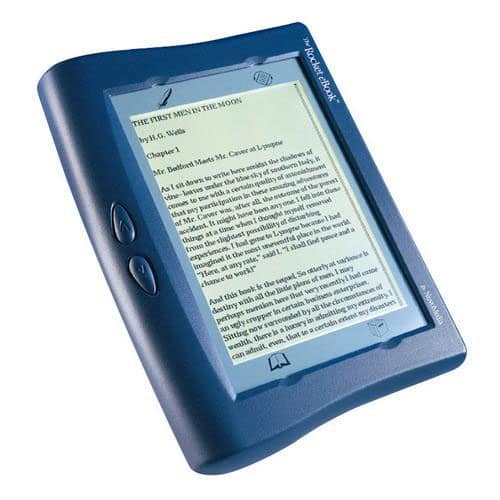
Robots
Although the concept of robots has existed for many years, it’s only been in the last few decades that they’ve grown in complexity and use. Today, robots are used everywhere in industries, military, services, exploration, medical, and entertainment – you just name it.

Virtual Reality and AR
VR is the perfect tool for raising awareness of social and environmental issues and goes beyond the traditional 2D depiction of the situation by putting users in someone else’s shoes. Users are no longer passive spectators but are now capable of taking part in real-time without actually being present.
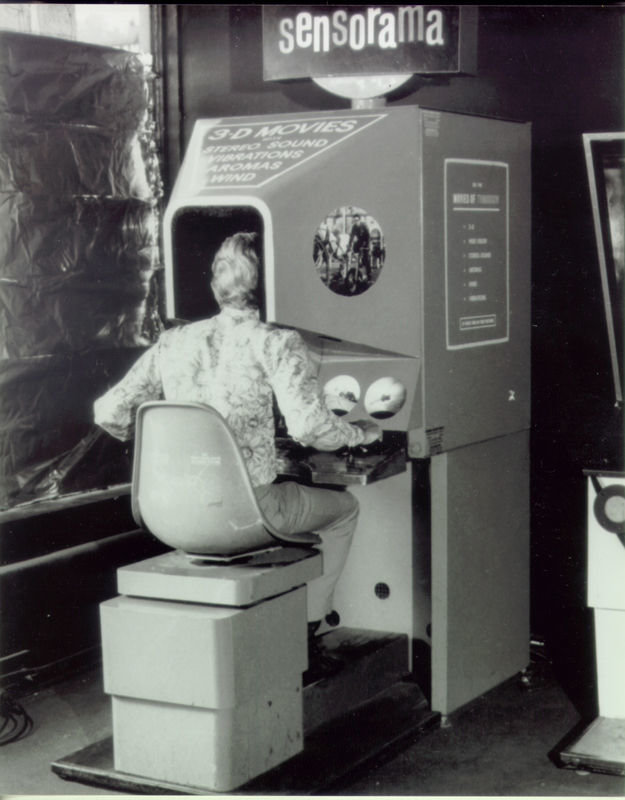
Digital Currency
Digital currency might be the closest thing we have come to retaining economic freedom. If these are regulated, it could lift many countries out of poverty, improve the lives of billions, and accelerate the pace of innovation.
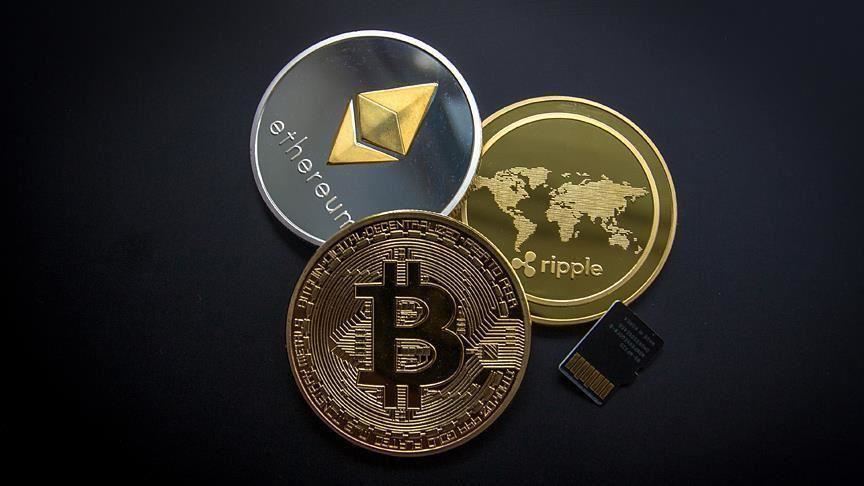
Water Purifier
In the 1700s, the first water filters for domestic application were applied. These were made of wool, sponge and charcoal. In 1804 the first actual municipal water treatment plant designed by Robert Thom was built in Scotland. The water treatment was based on slow sand filtration, and the horse and cart distributed the water.

Hearing Aid
Hearing aids have not only helped people in hearing better but, to an extent, reduced anxiety and depression. Hearing aids trigger the ability to learn, speak, be understood, belong to a community, and pursue one’s dreams.
Sunglasses
Well, the Chinese invented the first sunglasses in the 12th century. They were crude slabs of smoked quartz that was made to block out the sun’s rays. The primitive frames were roughly framed to hold them against a user’s face. These darkened lenses were however not vision corrected, unable to protect against harmful UV rays and made only for the rich.

Chain Saw
Did you know that chainsaws were initially invented to assist in childbirth? You are probably clenching your teeth right now, but facts are facts. It then evolved into a woodworking tool when people noticed how quickly and easily it was to get through, well, anything.
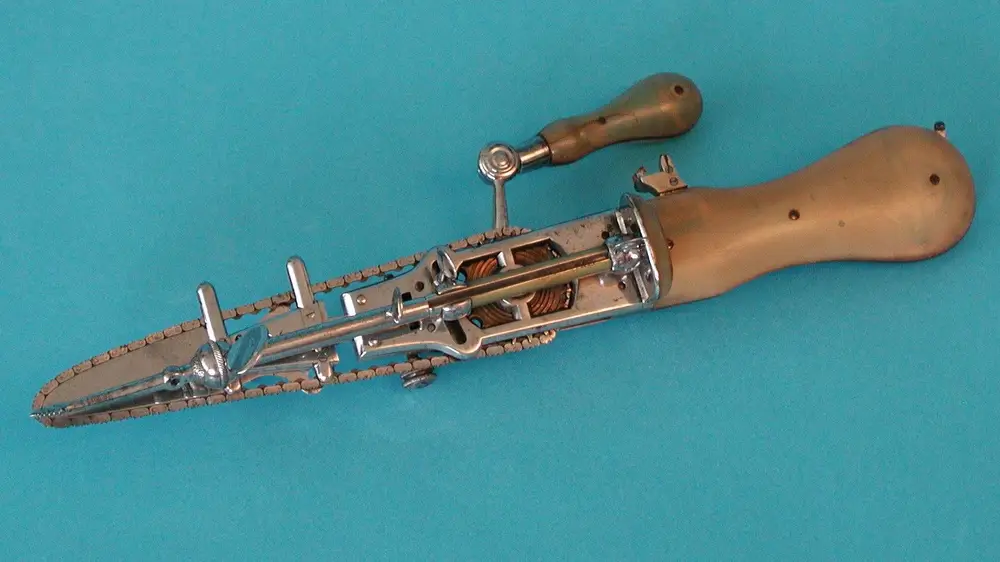
VCR
The story of the VCR as we know it began much later in the 20th century. By the 1970s, companies began competing with each other by releasing premium in-home video recording systems, which sent Hollywood in a tizzy over copyright concerns.
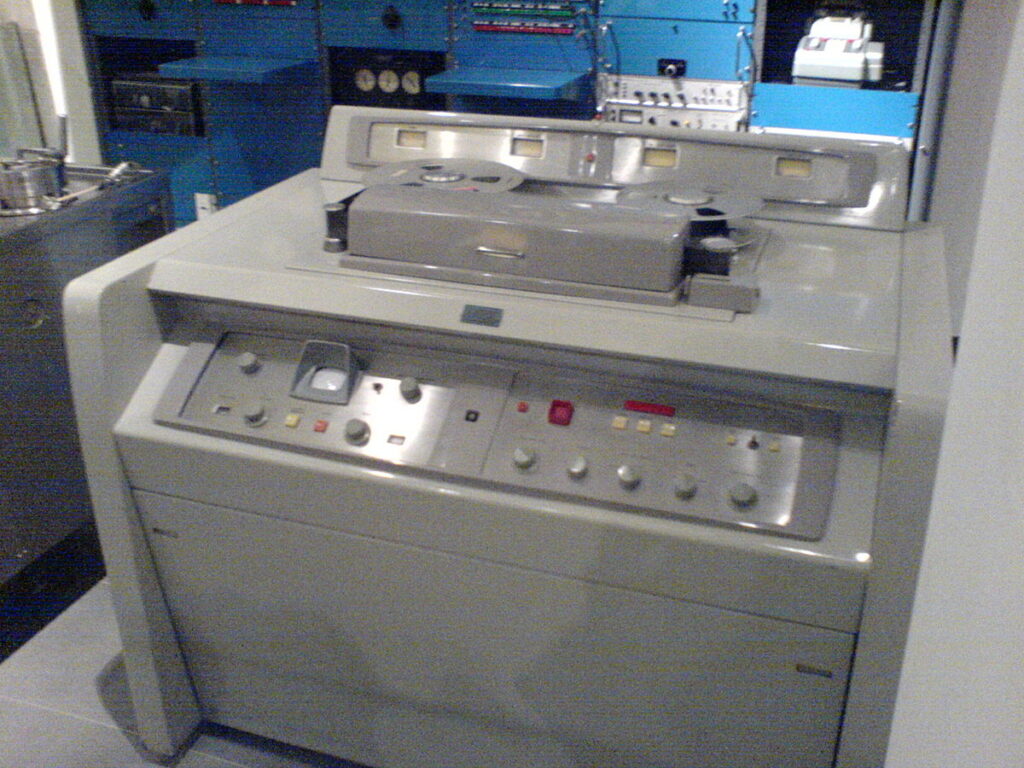
Electric Toothbrush
It all started when navy submarines thrived on mushy canned food that got almost zero gum stimulant. The electric toothbrush solved that problem in 1959, and this invention inspired another vibrating device (that’s an article for some other day.

Lantern
When W.C. Coleman debuted his Quick-Lite lantern in 1916, he marketed the device to farmers looking to stretch the workday. Until electricity and light bulbs became prevalent in every rural home, lanterns were the way to go.

Old lantern or Old lamp isolated on white background
Hair Dryer
The concept for the handheld hairdryer was developed during the 1920s in Racine, Wisc., where engineers at Hamilton Beach–tasked with developing motorized mixers for making malted milkshakes. They realized the potential utility of a handheld device capable of blowing heated air. Early models were heavy, though, and susceptible to overheating.

Lawnmower
It took over 100 years until the first mechanical lawn mower was invented and patented by engineer Edwin Beard Budding of Gloucestershire, England, in 1830. Budding got the idea after seeing a machine in a local cloth mill. The machine used a cutting cylinder with a bladed reel to trim the irregular nap from the surface of woollen and velvet cloth in order to give it a smooth finish.

Gameboy
Today, portable gaming is a fact of life–most people have games like Angry Birds and Bejeweled on their smartphones. But when the original Nintendo Gameboy was released in 1989, there had never been a successful cartridge-based portable game system.

Bicycle
For a few heady years in the 1890s, the bicycle was the ultimate must-have—swift, affordable, stylish transportation that could whisk you anywhere you cared to go, anytime you liked, for free. For the first time in history, the masses were mobile, able to come and go as they pleased. No more need for expensive horses and carriages.

Answering Machine
Released in 1971, the Phone-Mate Model 400, the first widely used answering machine, was a blessing and a curse. Its tapes could capture 20 messages, enabling selective communication. The downside: phone tag, screening calls, and annoying recorded messages.
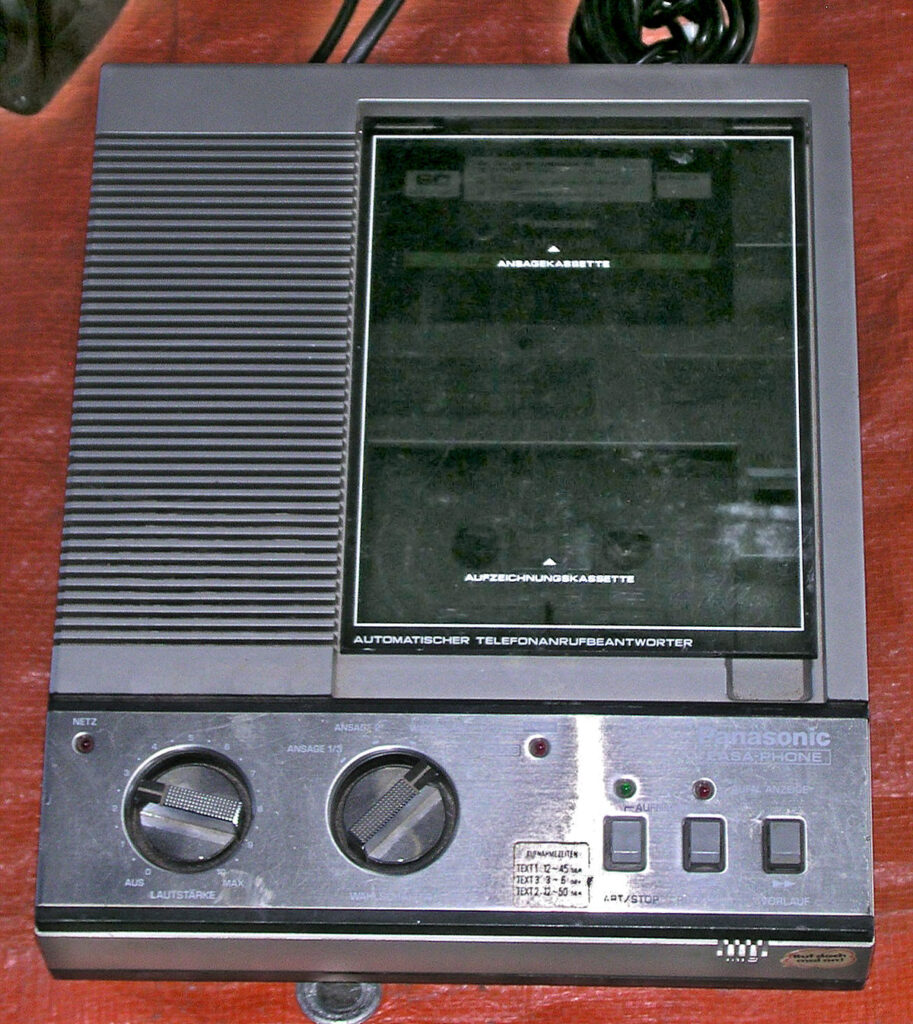
MP3 Player
Although iPod wasn’t the first MP3 Player, it was certainly the most successful. The device debuted in 2001 and sold more than 300 million units. The iPod and iTunes helped create a new MP3 era and made listening to music cool.
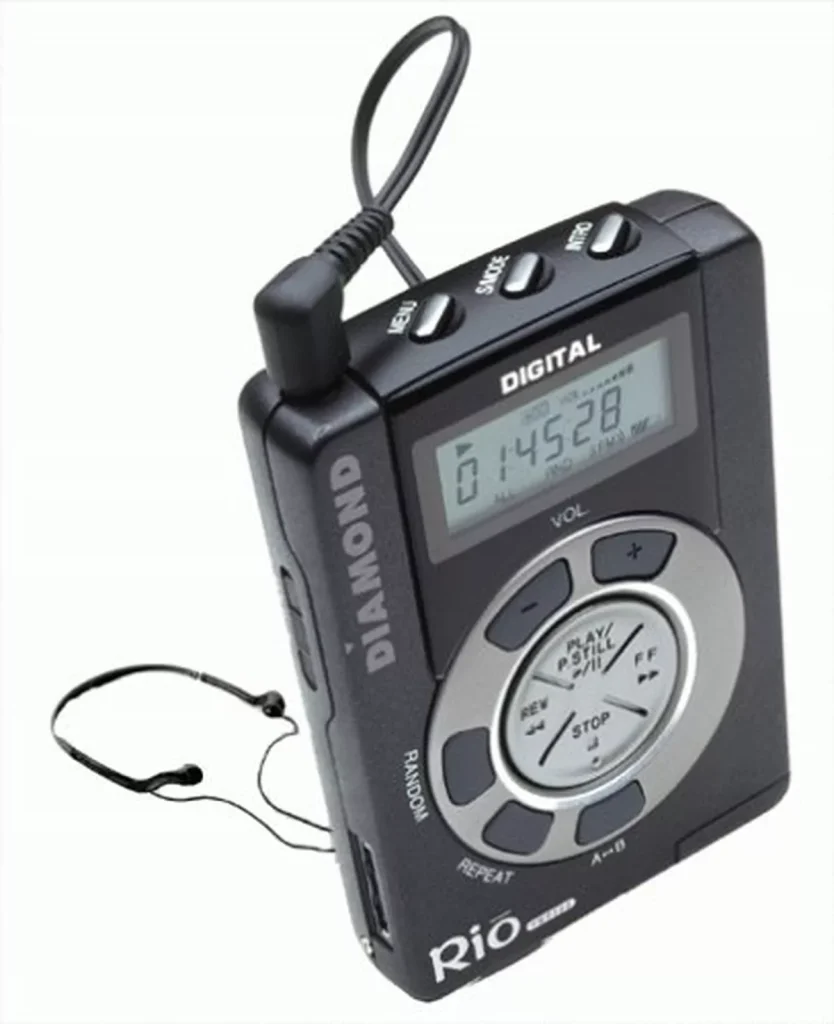
Cassette Tape
Cassette tapes mostly gather dust these days. But back in their heyday, they fundamentally changed how we communicate in ways we’re still making sense of today. On this week’s On the Media, hear how the cassette tape fueled the Iranian revolution, helped pierce the Iron Curtain, and put the human connection in the palm of our hands.
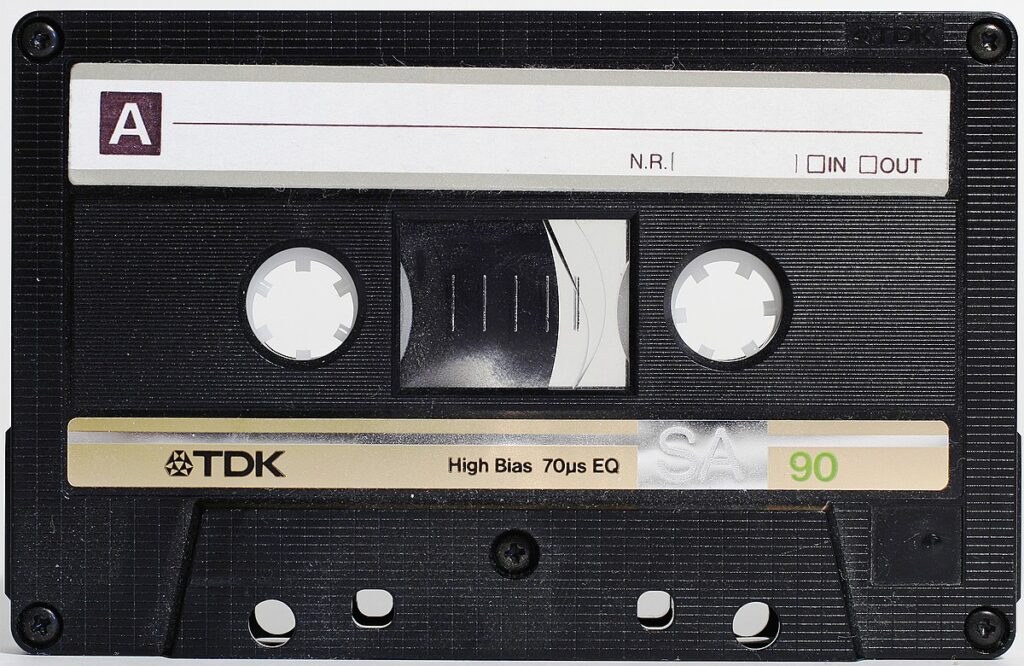
Car Jack
Richard Dudgeon invented the compact, portable hydraulic jack in 1851 when he was 32. Now available at every auto shop and pit row on the land, its original habitats were shipyards and railroad repair shops.
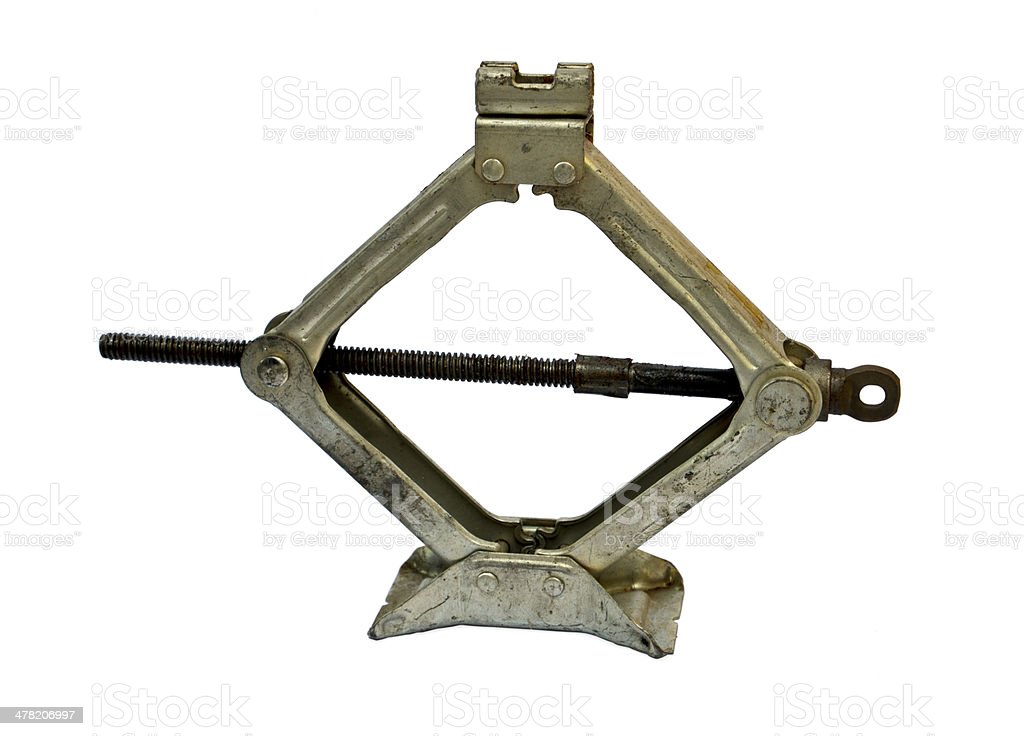
Sewing Machine
The sewing machine shifted the burden of sewing from housewives and seamstresses to large-scale factories, providing greater productivity and lower prices. Women who had been busy at home could now find employment in these factories, increasing their family’s income.

Fitness Watches
What’s better than wearing a watch? Wearing a personalized watch that tracks your fitness and tells you how much more you need to push through. Watches today can tell not just the physical well-being but the mental well-being too, representing how far we have come with technology.
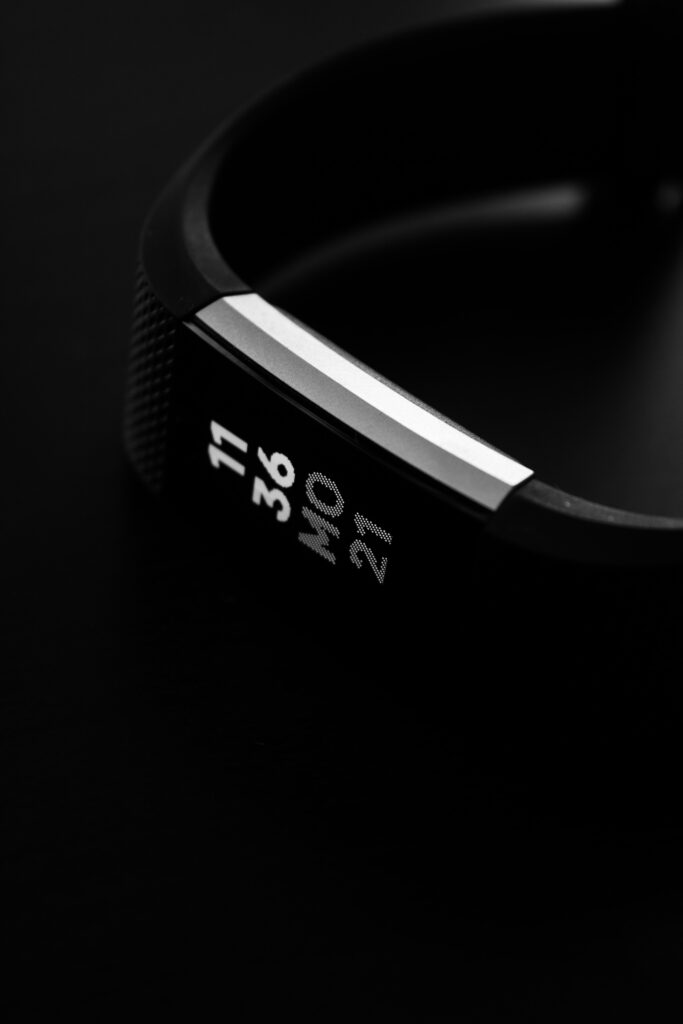
Helmet
The motorcycle helmet that we wear has its own rich history that started almost 80 years ago. It seems inseparable as it is the most important gear that helps keep us safe. It has been guarding our heads against potential damage and made people more sensible on the road.

Stapler
I believe staplers are the most used gadget in the office after pen and paper. An unknown artisan made the first-known stapler for King Louis XV of France in the 18th century. Each staple bore the royal seal, and the King could use the device to hold his decrees and documents together.
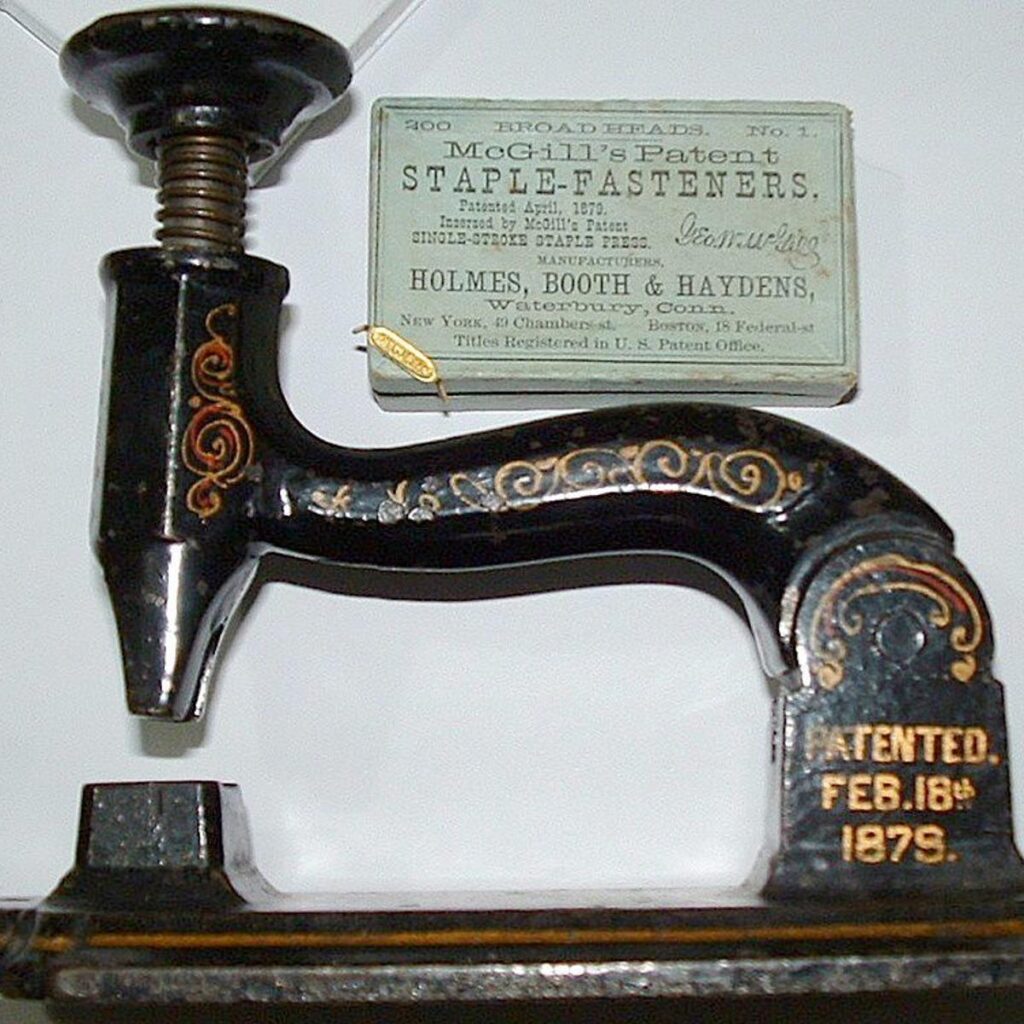
Fishing Rod
The history of fishing rods goes back to ancient Egypt and China. When people started to fish in prehistoric times, they used bare hands to catch the fish in shallow water. This method was not practical in deeper water, so someone invented a fishing hook and a line. Thanks to this, fishing has become a sport now.
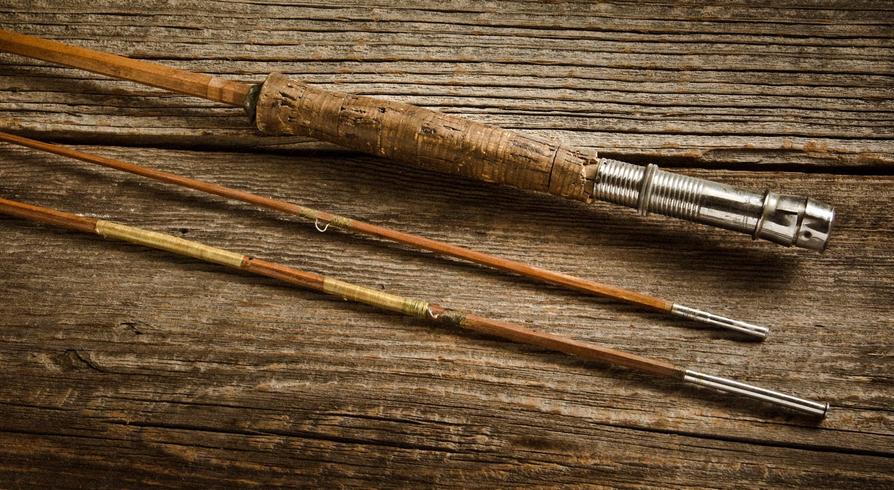
Lighter
Think about a backyard barbecue, a candlelit bubble bath, or cigars with the boys at a bachelor party. What do all these things have in common? You need a lighter to make them happen! It was a simple act, but it had a monumental impact on the survival of the entire human race.
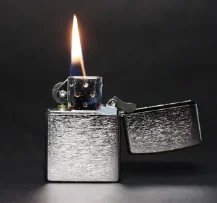


I am now not sure where you are getting your information, but great topic. I needs to spend some time studying more or working out more. Thanks for great information I used to be in search of this info for my mission.
Thawnk you forr sharing yor thoughts. I really apprecuate your effortss aand I
amm wziting ffor youur next write ups thank yoou once
again.